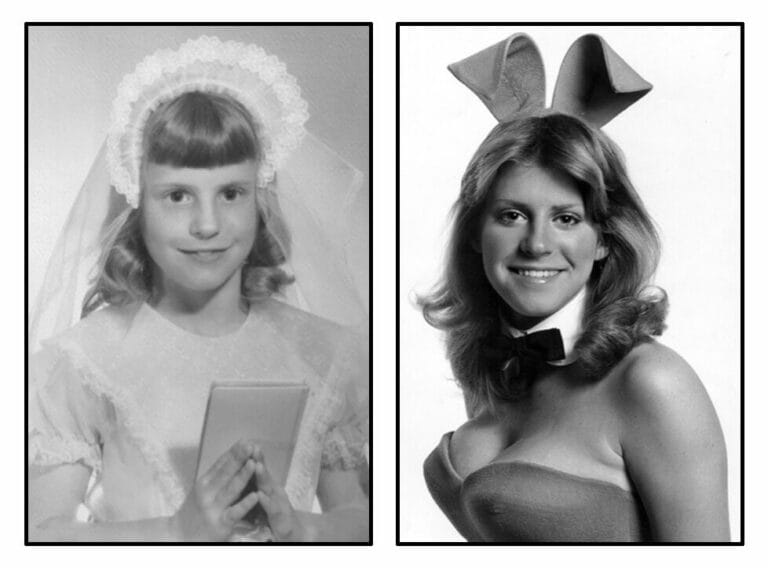New Opportunities for Writers of Colour Flourish As Diverse Literary Spaces Gain Traction
Discover how dedicated writing retreats for writers of colour nurture creativity, confidence, and community, shaping the future of inclusivity in literature.

Writers’ retreats once conjured images of hushed manor houses and solitary reflection, but recent years have ushered a rise in tailored programme spaces supporting writers from historically underrepresented backgrounds. These dedicated retreats open doors to mentorship, community and creative safety, all within an environment that affirms every facet of a writer’s identity. It’s a shift gathering pace in 2025, as the demand for inclusive literary experiences outstrips what traditional conferences have long supplied.
Across the United States, an increasing number of writing workshops and festivals now pledge to uplift voices of colour. From the vibrant ‘Writing in Color Fest’ by Lighthouse Writers Workshop to the fellowship-driven ‘Roots. Wounds. Words. Annual Writers’ Retreat’, there’s a visible and heartening expansion of choice for writers seeking both craft mastery and cultural kinship. As one festival notes, these experiences are “sacred space wherein BIPOC stories are celebrated, and BIPOC storytellers immersed in liberation”. It’s a trend not only changing the face of American literature, but also nurturing confidence and deepening the well of stories for years to come.
A Community of Creative Care: The Power of Targeted Retreats
Returning to this movement is the Wild Seeds Retreat for Writers of Color, hosted by the Center for Black Literature at Medgar Evers College, CUNY. Scheduled for 20–26 July 2025 at SUNY Polytechnic Institute in Utica, New York, the retreat exemplifies the critical role of dedicated writing communities.
According to Donna Hill, Executive Director: ‘Wild Seeds is more than a retreat—it’s a radical space of creativity, freedom, and cultural care. It allows writers to focus on their work while surrounded by community that sees and values them.’ Applications remain open until 2 June 2025, with tuition set at $600; a handful of scholarships ensure that cost does not prevent participation for those who can provide a written rationale.
This year’s retreat features genre-specific workshops led by celebrated Black literary figures – Ladee Hubbard for fiction, Phill Branch guiding creative non-fiction and memoir, and Wanda Phipps nurturing poets. Daily group workshops, one-to-one mentor sessions, literary discussions, and reflective quiet time make up its core offering, all designed to foster both craft and connection. For writers used to being outnumbered or marginalised in mainstream settings, the presence of respected facilitators – many who have navigated similar challenges – is both inspiring and empowering.
Why Safe Spaces Matter for Diverse Voices
The blossoming of these remarkable spaces reflects a broader awareness in the literary world: when writers of colour are supported by people who understand their context, more honest and courageous stories are born. As cited in a recent round-up of retreats for BIPOC writers, ‘being in a writing community that feels both safe and supportive around our racial identities’ helps them deepen their practice, find their creative centre, and simply enjoy the act of writing. This is echoed by academic research, which finds that dedicated events for writers of colour allow for emotional restoration and shared purpose.
Further, the surge in such initiatives is not simply anecdotal. The market now accommodates a growing array of programmes specifically serving diverse literary voices, from virtual gatherings to intimate residential retreats. According to organisers of the ‘Heart of It’ writer-run retreat, the boom in tailored programming springs from both demand and frustration with exclusion from legacy workshops—leading to a new generation of events run by writers, for writers.
The Numbers Behind the Movement
While precise survey data on the total number of retreats for writers of colour remains patchy, industry guides now list dozens of annual events across the U.S., many of them with mandates connected to racial justice, BIPOC community or decolonisation. For example, the ‘2025 Guide to Writing Residencies, Retreats, and Conferences’ highlights over 30 U.S. based residential opportunities and nearly a third now make explicit commitments to racial inclusivity through scholarships and programming .
What Sets This Generation Apart
The future of writing retreats clearly lies in their power to centre inclusivity without sacrificing rigour. Established events such as Wild Seeds now face company from new contenders—like Roots. Wounds. Words. and the Writing in Color Fest—each building loyal followings by prioritising the needs and stories of underrepresented writers [Lighthouse Writers Workshop]. As a result, a new standard emerges: literary merit wedded to cultural care, and skill development going hand-in-hand with deep personal validation.
Feedback from alumni and facilitators highlights a profound truth: with the right support, writers previously isolated or marginalised find not just camaraderie, but transformative momentum. As one retreat organiser put it, the essential ingredients—expert mentorship, trust, and shared purpose—do more than sharpen the writing. They remind every participant why their story matters, not just to them, but to a changing literary world hungry for new perspectives.
Implications for Tomorrow’s Writers
If the recent surge in writing retreats for writers of colour is any guide, the publication landscape is on the cusp of lasting change. These efforts are producing a new generation of storytellers equipped not just with technical mastery but with confidence anchored in history and community. For many, the appeal lies not in retreating from the world, but in joining a vital chorus that is finally being heard. As 2025 unfolds, it is clear the lasting impact of these creative havens will emerge not only in the books published, but in the networks and friendships forged—in places where writers know, at last, that they belong.
Do you want to share your story and inspire our readers ? Make The GOOD NEWS with us . Let’s start paving the way for a fairer, happier society together!





